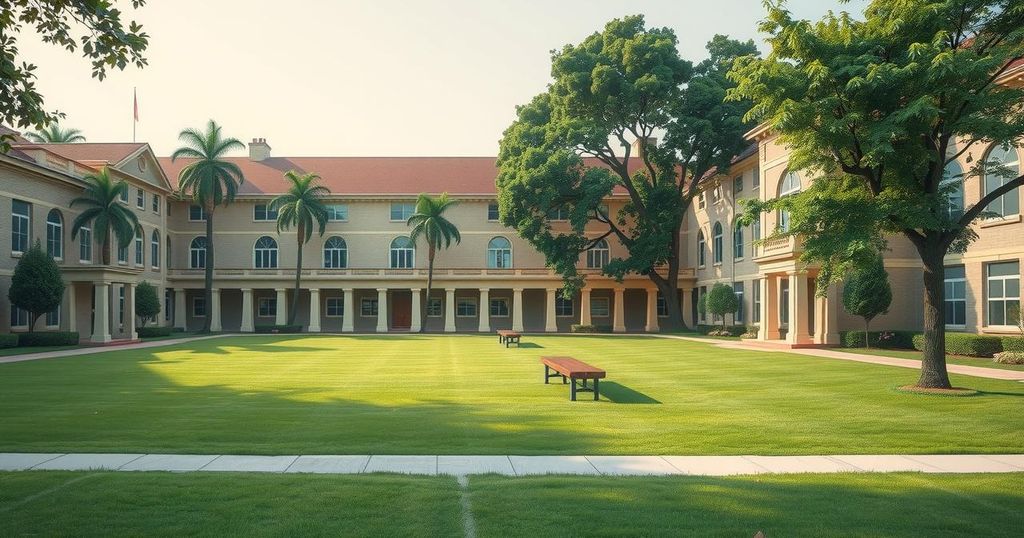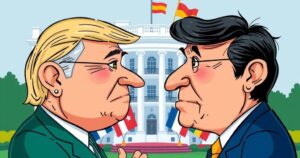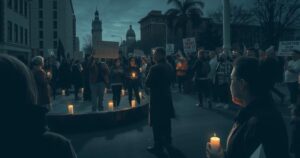Trump Administration Halts New Student Visa Appointments Amid Vetting Expansion

The Trump administration has halted new student visa scheduling as it prepares to enhance social media vetting procedures. This decision affects many international students, particularly from Zimbabwe, where nearly 1,900 students have enrolled for the 2023-2024 school year. Critics warn this action could threaten free speech and create a chilling atmosphere in academic settings.
The Trump administration has ordered U.S. embassies and consulates to halt scheduling new appointments for student and exchange visitor visas. This decision emerges as the State Department readies an expansion of social media vetting procedures for foreign students, according to an internal cable obtained by Reuters on Tuesday. In the 2023-2024 academic year, approximately 1,907 Zimbabweans are enrolled in higher education in the U.S., as reported by the embassy in Harare.
In the cable, U.S. Secretary of State Marco Rubio noted that there would be updated guidance following a review of current vetting processes. He instructed consular sections to cancel any appointments not yet scheduled while allowing those already set to proceed under existing guidelines. This move aligns with the administration’s broader strategy of ramping up deportations and revoking visas, part of a stringent immigration agenda.
The internal guidance signifies a significant shift in visa application procedures. It suggests consular sections will need adjustments in their operations and resource allocation to accommodate the incoming social media vetting requirements. Focus will also remain on delivering services for U.S. citizens and preventing fraud.
Spokesperson Tammy Bruce stated the department would utilize all avenues to assess anyone trying to enter the U.S., regardless of their status as students or otherwise. “We will continue to use every tool we can to assess who it is that’s coming here,” Bruce said during a press briefing.
Additionally, there is concern regarding the potential impact of these policies on free speech. Some officials have indicated that holders of student visas may be deported for actions perceived as critical of U.S. foreign policy, particularly in connection with support for Palestinians in the ongoing Gaza conflict. Critics assert that this creates an atmosphere hostile to free expression, which could chill academic discourse.
An alarming case was reported involving a Tufts University student from Turkey who spent over six weeks detained for critiquing her school’s reaction to the conflict. She was eventually granted bail by a federal judge. Concerns have also been raised about the implications for prestigious institutions. Just last week, the Trump administration initiated moves to revoke Harvard University’s permission to enroll international students, affecting around 6,800 students, or 27 percent of its total enrollment.
In summary, the Trump administration has taken a notable step by suspending the scheduling of new student visa appointments while it plans to expand social media vetting for such applicants. This move comes under the greater umbrella of a tough immigration policy, raising various concerns about the implications for free speech and academic institutions. With close to 2,000 Zimbabweans pursuing education in the U.S. this academic year, the ramifications of these changes will likely be felt widely among international students.
Original Source: www.zimlive.com





